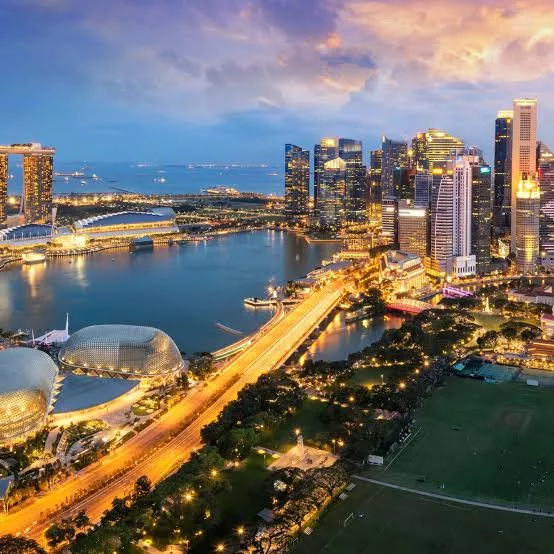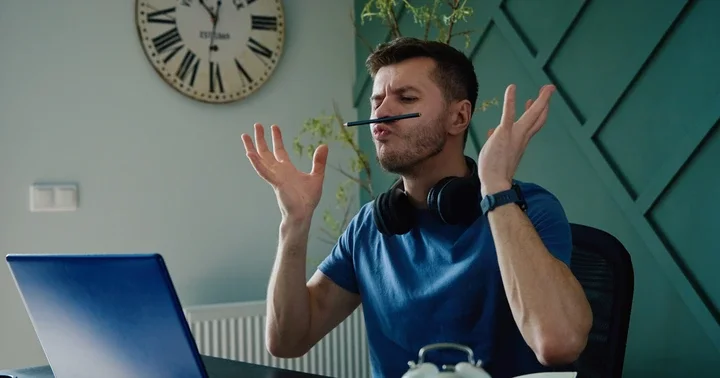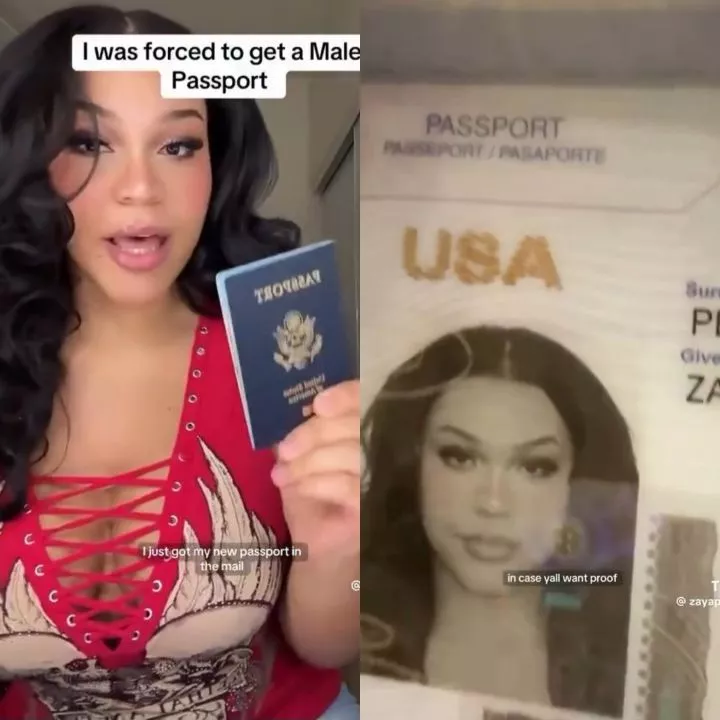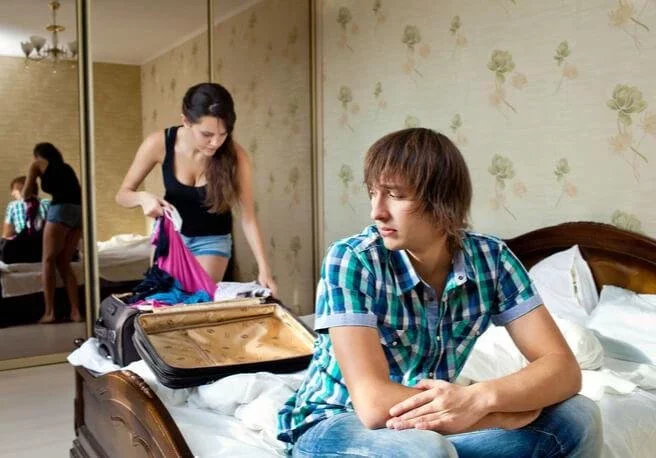![Which of these laws is most surprising to you? [World Strides] Which of these laws is most surprising to you? [World Strides]](https://static.netnaija.com/i/9z7o9qnGN2r.webp)
Singapore has some laws that might surprise outsiders, and breaking them is considered an offence that could get you arrested or fined.
Singapore is renowned for its tourist sites, having some of the cleanest streets in the world and its good food.
Aside from these, Singapore is also popular for its strict regulations. The country has some laws that might surprise outsiders, and breaking them is considered an offence that could get you arrested or fined.
7 surprising activities that can get you arrested in Singapore
Here are seven surprising activities that fall into this category;
1. Chewing gum
The import, sale, and possession of chewing gum are banned in Singapore. This law was introduced in 1992 to combat the problem of gum litter, which was causing damage to public property and infrastructure.
Since then, it is against the law to chew gum in public. There are however some exceptions e.g. chewing gum with therapeutic value which can be purchased from pharmacies with a doctor's prescription.
2. Spitting in public
Spitting in public places is illegal in Singapore and can result in a fine of up to SGD 1,000 for first-time offenders. This law helps maintain public cleanliness and hygiene. The law is strictly enforced, with officers on the lookout for offenders.
3. Feeding pigeons
You are also not allowed to feed pigeons in Singapore. Feeding pigeons is prohibited to prevent the birds from becoming a public nuisance and to avoid health risks associated with pigeon droppings. Violators can be fined up to SGD 500. This law is intended to control the pigeon population and maintain public cleanliness.
4. Nakedness at home
It is illegal to be naked in your own home if you can be seen by others in Singapore. This includes being visible from outside through windows or balconies. The law falls under the Miscellaneous Offences (Public Order and Nuisance) Act, and violators can be fined or imprisoned.
5. Not flushing a public toilet
Failing to flush a public toilet after use is illegal and can result in a fine. This law aims to ensure hygiene and cleanliness in public restrooms. Random checks are conducted, and offenders are fined on the spot.
6. Connecting to another person's Wi-fi
Using someone else's Wi-Fi network without permission in Singapore is considered hacking and is illegal under the Computer Misuse Act. Offenders can face fines and imprisonment.
7. Singing obscene songs in public
Singing or uttering obscene songs and words in public is also prohibited in Singapore. This law is part of efforts to maintain public decency and order. Offenders can face fines and imprisonment.
Which of these laws is most surprising to you?

















Comments